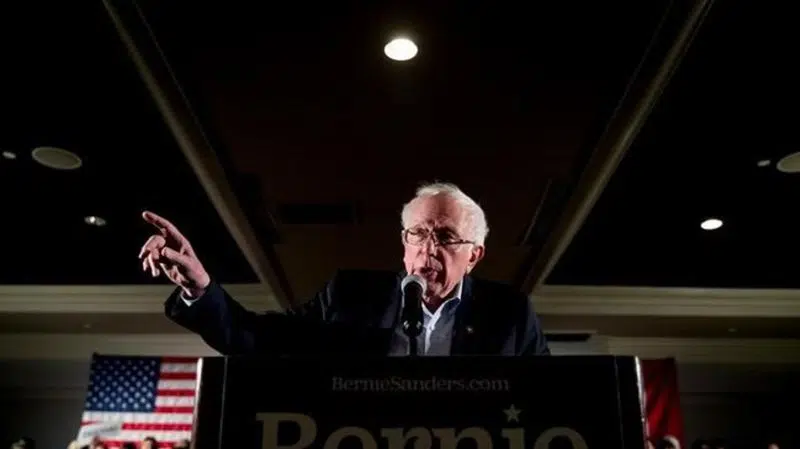
As Democrats debate in Des Moines, Warren scores in Sanders gender squabble
WASHINGTON — A brief, one-sided battle of the sexes broke out Tuesday night in Iowa as Bernie Sanders strenuously denied ever telling Elizabeth Warren that a woman couldn’t be elected president of the United States — and the senator from Massachusetts promptly contradicted him.
The confrontation, which came during the last Democratic presidential debate before next month’s Iowa caucuses, brought to a head a controversy fuelled by reports accusing the independent Vermont senator of making the remark during a private meeting with his fellow progressive in 2018.
It has also threatened to rupture the long-standing non-aggression pact between the two left-leaning presidential hopefuls, who understand the importance of not splitting the vote among progressive Democrats.
“Anybody who knows me knows that it’s incomprehensible that I would think that a woman could not be president of the United States,” Sanders said in response to a question from CNN moderator Abby Phillip.


